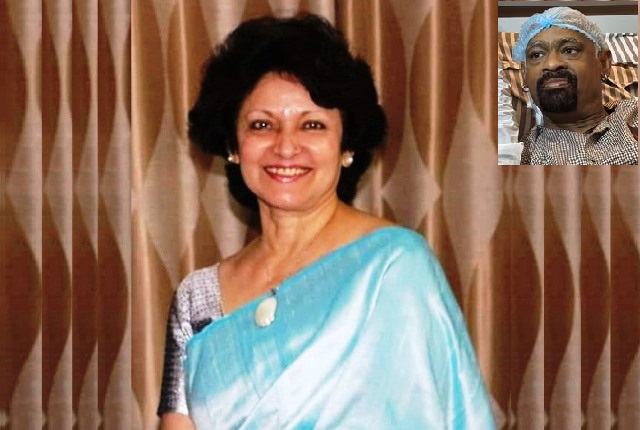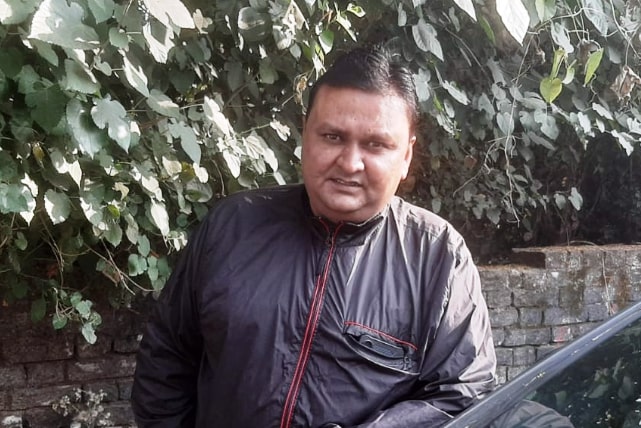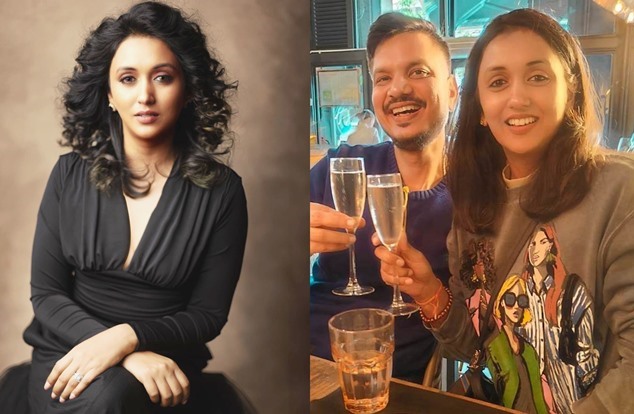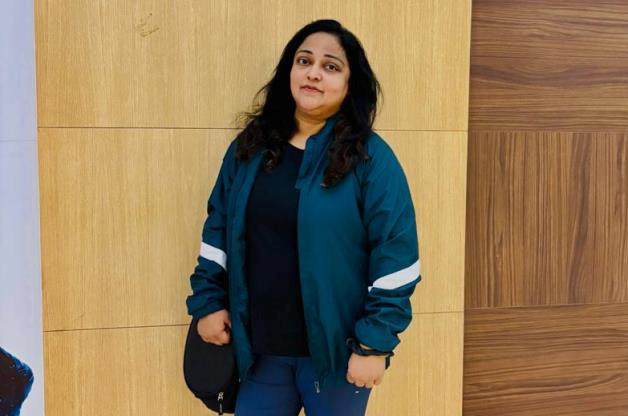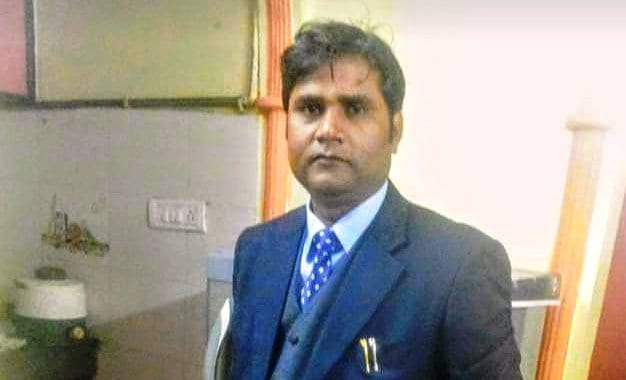
Discrimi-Nation II: The Dalit life sentence
, 35, a Delhi-based advocate reports on his own life: being a Dalit and having to fight caste discrimination every step of the way.
I come from the town of Farrukhabad in Uttar Pradesh, a place where every caste has its own cluster. My father, a former government official, gave me a name that would not give away the secret that we belong to the Dalit community. Given he was a respected government official, everybody wanted to associate with us. I would always be given a glass and plate from a different set of utensils, however, to drink and eat in.
I came to Delhi in 2008, searching for jobs and internships, all the time hoping that I would not have to find myself in such caste conflicts. I expected to be free from the caste-based discrimination that I thought was only prevalent in villages and small towns. My assumption was that people in cities barely cared about caste. But here I was, with my confidence a little more than just shattered this time.
I realised the discrimination worked in whole new ways in the city. At school in Farrukhabad, I was a bright student. My teachers showed interest in me, but with their tendency to know my caste, these doting gurus stopped paying attention to me. This killed my confidence.
I thought teachers are supposed to bridge the gaps and strengthen moral values in the society, but they were actively promoting caste discrimination. I could not bring myself to tell my father what I was going through in school. All these frustration-inducing incidents built up to the point where my father started refusing dinner invitations only because of the discriminatory undertones in most of the people’s conduct.
The effect of the discrimination grew so much on me that throughout my college, I did not reveal it to anyone that I was a Dalit. I lived like a Thakur. I had great friends there and yet I felt suffocated. The fact that I could not share this part of my identity anchored me in an ocean of exasperation. The discrimination even chased me through when I was looking for accommodation here in Delhi.
Getting asked about my caste was routine but luckily, my stars presented me with a landlord who was only concerned about the timely payment of rent. This finally gave me a little respite, enabling me to see the ray of hope. Once a very senior lawyer asked what I was doing in the legal profession being a Dalit. “This profession was not meant for Dalit community,” he quickly concluded.
I was startled, yet replied that his advertisement for junior associate and interns did not mention that Dalit candidates were not eligible to apply. Had he mentioned it, I would have never applied. That day, I realised that no matter how much I try veiling this part of my identity, it will always pop back up as a problem given the societal constructs we live with.
I decided to stop looking for a job and started my own practice. The initial days were extremely difficult. Finding work and ensuring livelihood to make ends meet were challenging but I used it as a learning curve. Being a Dalit lawyer in Delhi does have its own quirks. People are ignorant of the crime of calling Dalits by their caste, or “bhangi”.
They are so ignorant that they will cross the line, just get the momentary feeling of superiority. There are also those who do not cross the line verbally, but their body language says it all. There have been instances where the children of my other Dalit friends were not invited to birthday parties of kids, and if they were, nobody would play with them.
The issues are numerous. They range from not letting us ride the traditional mare in our own wedding processions to not letting us into temples to marrying in upper castes. What we are left with is a predetermined source of income. It has been close to a decade since I have been practicing law and I realize not much has changed.
I still get cases to defend a couple that eloped because of they belong to different castes. Even though my friends think that caste-based discrimination is wrong, but they may too hesitate if a family member wants to marry a Dalit. What we are always left with is living life with a bad taste in our mouths.
More from Discrimi-Nation
Part I: Northeastern Distress
Part III: ‘Caste is a Dormant Volcano’
-With editorial assistance from Lokmarg
